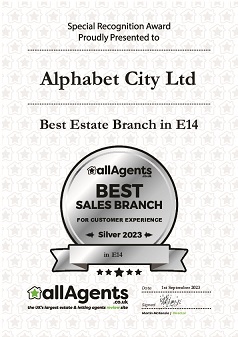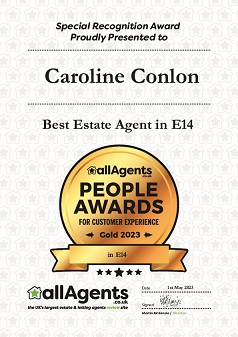
News
- Details
- Hits: 335
 New Guidance on Damp & Mould for Landlord's & Letting Agents
New Guidance on Damp & Mould for Landlord's & Letting Agents
New guidance has been published for social and private landlords on how best to manage issues of damp and mould in rental properties.
The government has now released guidance for private and social landlords around how to best manage damp and mould issues in properties. A key change in this guidance is that tenants can't be blamed for damp and mould due to their "lifestyle choices". The document highlights that, as new legislation and standards are introduced, the guidance will be updated.
Here's what's covered in this guide:
- What are landlords and letting agents' legal obligations for damp and mould?
- What should landlords or agents do if they get a report of damp or mould in a property?
- How can agents and landlords reduce the risk of damp and mould in the first place?
- What are the top conditions that could lead to damp and mould?
What are landlords' and letting agents' legal obligations for damp and mould?
The new guidance highlights the five standards that letting agents and landlords should follow to stay compliant with their damp and mould obligations.
1. YOUR PROPERTIES SHOULD BE FREE FROM "CATEGORY 1" HAZARDS
The Housing Act 2004 states that properties should be free from Category 1 hazards, as assessed with the Housing Health and Safety Rating System (HHSRS). This list includes damp and mould.
2. HOMES SHOULD NOT HAVE ANY CONDITIONS "PREJUDICIAL TO HEALTH"
Damp and mould can be known as a "statutory nuisance under the Environmental Protection Act 1990 if it harms the health of a tenant.
Councils can take legal action against the landlord, in these circumstances.
3. YOUR PROPERTIES NEED TO BE FIT TO LIVE IN
Under the Homes (Fitness for Human Habitation) Act 2018, properties need to be free from serious damp and mould that can harm a tenant's health for them to be fit to live in.
Currently, there is no timescale for when remedial work needs to be carried out, but landlords should respond to any reports of damp and mould issues "promptly".
4. SOCIAL HOUSING - AND SOON PRIVATE RENTED HOMES - SHOULD MEET THE DECENT HOMES STANDARD
As in the first point above, social housing needs to be free from Category 1 hazards under the Decent Homes Standard - again, assessed using the HHSRS.
This Standard also states that social housing must be in a "reasonable state of repair and provide a reasonable degree of thermal comfort".
This standard will also soon apply to the private rented sector.
5. PRIVATE RENTED PROPERTIES NEED TO MEET MINIMUM ENERGY EFFICIENCY STANDARDS
Although the Energy Efficiency (Private Rented Property) (England and Wales) Regulations 2015 don't explicitly cover damp and mould, good energy efficiency in a building can reduce the risk of condensation.
Currently, landlord properties must meet Minimum Energy Efficiency Standards of an EPC E. This is expected to soon jump to an EPC C rating requirement.
- Details
- Hits: 853
Dear Customers,
I regret to inform you that our office will be closed on Thursday 6th April 2023 due to the loss of Jose Vincent, a former director of Alphabet City and Caroline's husband.
Our team is taking this time to offer our support and condolences.
During this period, our office will be closed, and we will not be able to respond to emails or phone calls. We apologize for any inconvenience this may cause and kindly request your understanding during this difficult time.
For urgent matters only, please contact the Property Management Team on 07939 557 322, they will be able to assist you in our absence.
If your enquiry is maintenance-related, please register the issue on the Fixflo portal
https://alphabet-city.fixflo.com.
We appreciate your support and understanding during this challenging period.
Alphabet City Team











